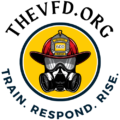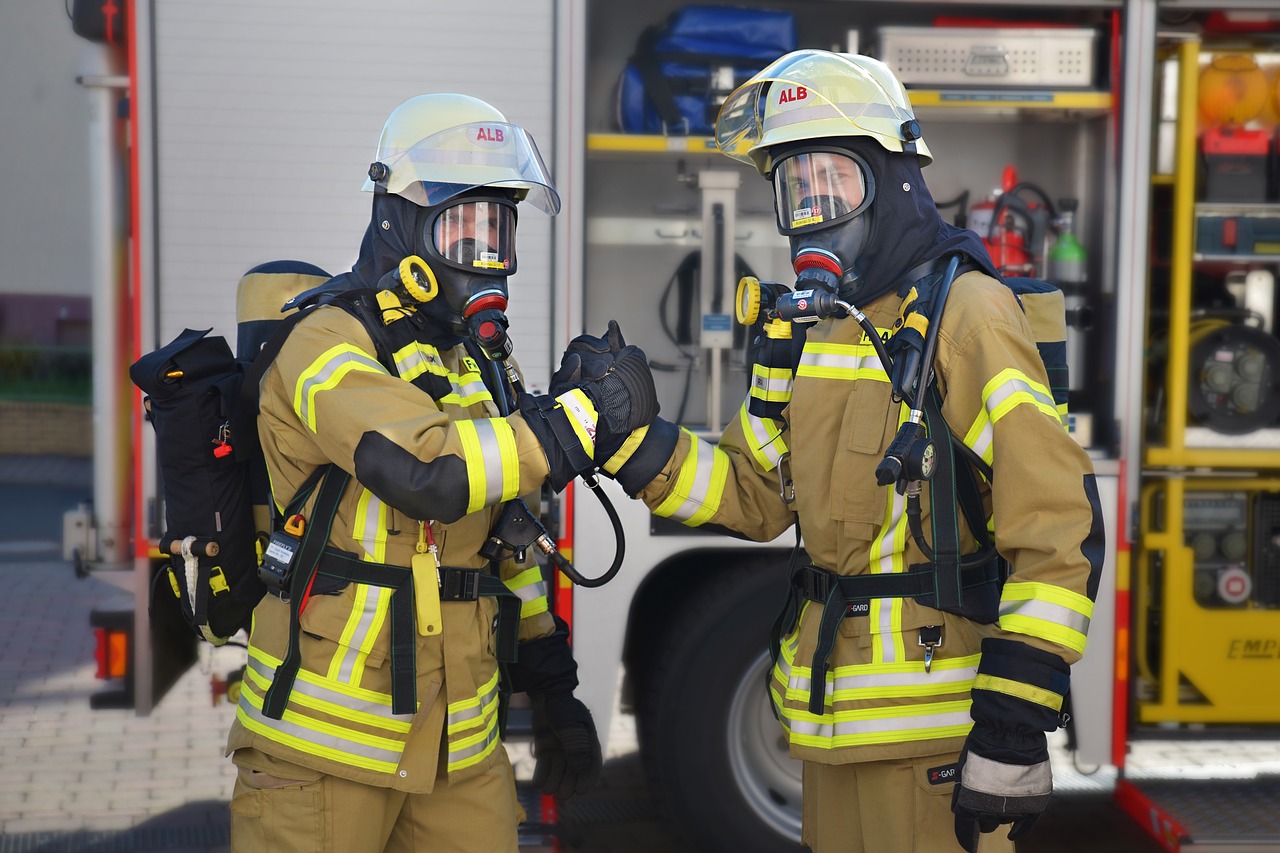This guide aims to provide volunteer firefighters with vital tips on improving their skills through consistent training sessions. By dedicating time to sharpening your abilities and knowledge, you can become a more effective and efficient first responder in emergency situations. Regular training not only boosts individual competencies but also enhances teamwork and overall performance within the department. Read on to discover practical ways to elevate your skills and contribute to the safety and welfare of your community.
Establishing a Training Program
Assessing Training Needs and Skill Levels
Skill assessment is vital to tailor training sessions effectively. Identify the strengths and areas needing improvement for each volunteer firefighter. This allows the training program to address specific skill gaps and enhance overall proficiency.
Designing a Balanced Training Curriculum
Even though firefighting skills are the core focus, remember to incorporate aspects like teamwork, communication, and leadership into the training curriculum. These soft skills are crucial for efficient operations during emergencies and are often overlooked in traditional training programs.
Another important aspect of designing a balanced training curriculum is to include sessions that simulate real-life emergency scenarios. This hands-on experience helps volunteer firefighters to apply their skills in a practical setting and prepare them for actual rescue operations more effectively.
Practical Training Tips
Even the most experienced volunteer firefighter can benefit from regular training sessions to enhance their skills and stay prepared for any emergency situation. Training not only ensures that firefighters are well-equipped to handle various scenarios but also fosters teamwork and communication among the team. To make the most out of training sessions, here are some practical tips to consider.
Incorporating Real-World Scenarios
Practical training is imperative for volunteer firefighters to hone their skills effectively. Incorporating real-world scenarios into training sessions can provide hands-on experience and better prepare firefighters for actual emergencies. Setting up scenarios such as structure fires, vehicle accidents, or medical emergencies allows firefighters to apply their skills in a controlled environment, helping them build confidence and improve their response capabilities.
Focus on Communication and Teamwork
Focus on communication and teamwork during training sessions is crucial for volunteer firefighters to work cohesively during emergencies. Effective communication ensures that everyone is on the same page and understanding their roles, leading to a more organized and efficient response. Teamwork is the foundation of a successful firefighting operation, and training sessions that emphasize collaboration can improve coordination and overall performance during emergencies.
A strong emphasis on communication skills such as clear radio communication, hand signals, and verbal cues can help firefighters better convey information and instructions in high-pressure situations. Additionally, team-building activities and exercises that promote trust and collaboration can strengthen the bond among team members, leading to a more effective firefighting unit.
Theoretical Knowledge and Continuous Learning
Understanding Fire Dynamics and Safety Protocols
Knowledge is critical for volunteer firefighters to understand the dynamics of fire, how it spreads, and the safety protocols necessary to combat it effectively. By learning about the behavior of fire in different environments, as well as the latest safety guidelines and equipment use, volunteers can better protect themselves and their communities during emergency situations.
Emphasizing the Importance of Ongoing Education
Education is a key component in enhancing the skills of volunteer firefighters. Continuous learning opportunities, such as workshops, seminars, and online courses, provide volunteers with updated information on firefighting techniques, equipment advancements, and emergency response protocols. By emphasizing the importance of ongoing education, volunteer firefighters can stay current with industry best practices and enhance their overall performance on the field.
As volunteer firefighters, it is crucial to prioritize ongoing education to ensure that skills and knowledge are continuously improved and updated. By dedicating time to attend training sessions and educational programs, volunteers can stay ahead of the curve and be better prepared to handle the challenges they may face during firefighting operations.
Factors Influencing Effective Training
Your volunteer firefighters’ skills can greatly benefit from regular training sessions. To ensure the effectiveness of your training programs, it is crucial to consider various factors that influence the outcomes of the training sessions. Commitment, access to resources, and equipment are pivotal factors that can significantly impact the success of your training programs. Knowing how these factors interplay can help you tailor your training sessions to best address the needs of your volunteer firefighters.
Commitment and Consistency
Even the most comprehensive training programs can fall short without the commitment and consistency of both the trainers and the volunteer firefighters. Consistent participation in training sessions fosters a sense of dedication and reinforces the importance of skill development. Commitment from all parties involved is key to ensuring that the knowledge and skills acquired during training are retained and effectively applied in real-life firefighting scenarios.
Access to Resources and Equipment
With access to resources and equipment, volunteer firefighters can enhance their skills and proficiency in various firefighting techniques. The availability of training facilities, firefighting gear, and specialized equipment can greatly impact the quality of training sessions. The lack of resources and equipment can hinder the effectiveness of training programs and limit the practical hands-on experience gained by volunteer firefighters.
The provision of adequate resources and equipment not only facilitates skill development but also ensures that volunteer firefighters are adequately prepared to handle emergency situations effectively. Investing in top-quality resources and equipment demonstrates a commitment to the safety and professional development of your volunteer firefighting team.
Measuring Progress and Skills Retention
Setting Milestones and Testing Competencies
The key to enhancing volunteer firefighter skills is to put in place a system that allows for the measurement of progress and skills retention. Setting clear milestones and regularly testing competencies is important to ensuring that firefighters are continuously improving. By establishing specific goals and benchmarks, it becomes easier to track the development of each firefighter and identify areas for improvement.
Feedback and Continuous Improvement
To ensure that volunteer firefighters are constantly honing their skills, feedback mechanisms are crucial. Regularly collecting input from training sessions enables instructors to provide constructive criticism and guidance for improvement. This real-time feedback loop fosters continuous learning and skill enhancement among firefighters, leading to a more proficient and effective team.
For instance, after conducting a simulation exercise, trainers can gather feedback from participants on what techniques worked well and where there is room for improvement. By analyzing this feedback, training sessions can be tailored to address specific weaknesses and further enhance the skills of volunteer firefighters.
To wrap up
Regular training sessions are vital for enhancing the skills of volunteer firefighters, ensuring they are well-prepared to handle any emergency situation. By exposing them to different scenarios and techniques, these sessions help to develop their knowledge, communication abilities, physical stamina, and teamwork. Volunteer firefighters who participate in consistent training are better equipped to protect their communities and themselves. It is crucial for fire departments to prioritize ongoing training to ensure their volunteers are ready to respond effectively and efficiently to any crisis. Do not forget, practice makes perfect, and regular training sessions will only improve the skills and capabilities of our volunteer firefighters.


